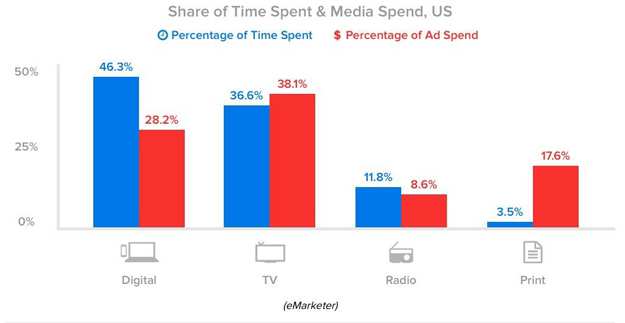Is Public Relations Dead? How Digital Marketing Changed the Industry.

There was a time when public relations, marketing, advertising and other corporate communications were all separate. Whether it be PR, TV, radio, print or ad space in multiple media outlets, success was hard to obtain without a decent marketing budget.
These market segments prevented small businesses and entrepreneurs from succeeding. Then the Internet and search marketing came along. Followed by social media and social media marketing. These two digital marketing channels have forever changed the way brands are marketed. Search and social marketing created new opportunities and helped even the playing field. Continue reading to learn how they also forced businesses to trade traditional marketing in for digital marketing.
The Beginning of the End for Public Relations and Marketing
Organic search is one of the first segments of digital marketing to give small businesses, entrepreneurs and start-ups a way to market a brand without a large budget. It also started to challenge traditional marketing and public relations and phase out the industry. Public relations isn't necessarily obsolete. The lines have just become so blurred that it's difficult to single out. By combining a website with blogging, content outreach and local, search companies were able to market their business without hiring large PR firms. Instead of paid print advertising, TV and radio dominating marketing budgets, it's now all about digital.Even the Taxi industry was dominated and pushed aside by the tech-savvy Uber and Lyft. The taxi industry even created an app to try and compete in that space. Yellow Cab owners should consider dropping old, stubborn ways and join ride-sharing apps. Uber and Lyft were first to include digital technology into their business model and they have had runaway success and will forever dominate market share.
 Even Google has become one of the largest media and marketing outlets in the world; and PR and traditional marketing are fading fast. Take a look at this eMarketer chart. TV, for example, is shrinking compared to digital when comparing how consumers spend their time to ad dollars spent.
Even Google has become one of the largest media and marketing outlets in the world; and PR and traditional marketing are fading fast. Take a look at this eMarketer chart. TV, for example, is shrinking compared to digital when comparing how consumers spend their time to ad dollars spent.

How Social Media Helped end Traditional Marketing and Public Relations
The lines became even blurrier when the social media phase took over. It gave people who no longer had a voice, a platform to grow a brand and compete with major companies. Social media blended with organic and local search optimization are the new ingredients for small business owners and entrepreneurs to be successful. These two channels together have completely changed market potential and provided Americans another way to achieve and transcend their dreams. Look at this chart from Marketing charts that clearly shows social and SEO as the preferred channels three years ago.

Also check out this list of 14 small businesses that found success with the Internet, social media and technology. The most recognizable name on the list is hospitality giant Airbnb.
How Digital Marketing Changed the Entertainment Industry
Another perfect example of this is the music industry. Before the Internet and social media, musicians, artists and personalities didn't have a voice in the market unless they had a record label, agent, manager or PR company backing them. The Internet, SoundCloud, Myspace, Facebook, Twitter and SnapChat have completely changed the industry.
People are becoming famous from those channels alone and learning how to market and position themselves against larger competitors. Record Labels are even turning to digital platforms and people today rarely buy CDs. Why? Because of the Internet and social media. This article, for instance, points to actors and actresses landing roles based solely on the number of followers they have.
Due to all of these factors, traditional public relations companies have been forced to add digital into their offerings. Content marketing has forced large print companies to buy up smaller digital media companies as they continue to try and make up for lost revenue. Companies are spending less money on radio and TV. Large retail stores are closing brick and mortar stores and selling more products online. It would be unwise to think a brand can continue to grow or compete in today's market without digital marketing.
About the Author
Marcus Howling, the SEO Doctor, is an SEO strategist at Amuse Digital. As one of the largest full-service digital marketing firms in Houston, Amuse Digital is able to help increase online visibility. Marcus excels at mobile optimization, natural link building, keyword research, and analysis.
Keep Learning:

Subscribe to Our Newsletter!
Latest in Marketing








